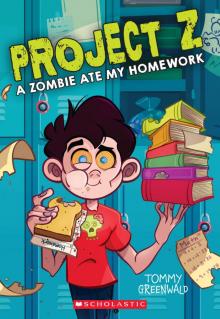 A Zombie Ate My Homework
A Zombie Ate My Homework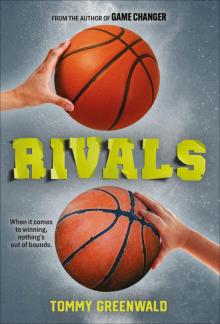 Rivals
Rivals Fangs for Everything
Fangs for Everything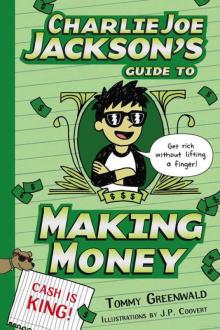 Charlie Joe Jackson's Guide to Making Money
Charlie Joe Jackson's Guide to Making Money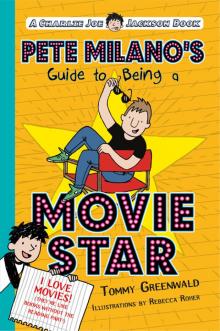 Pete Milano's Guide to Being a Movie Star
Pete Milano's Guide to Being a Movie Star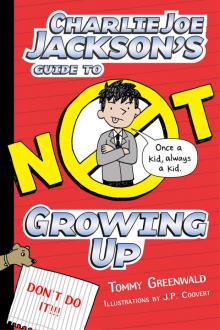 Charlie Joe Jackson's Guide to Not Growing Up
Charlie Joe Jackson's Guide to Not Growing Up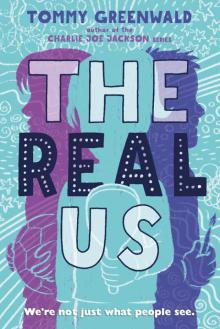 The Real Us
The Real Us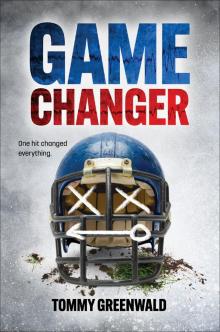 Game Changer
Game Changer My Dog is Better than Your Dog
My Dog is Better than Your Dog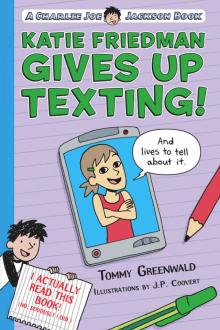 Katie Friedman Gives Up Texting!
Katie Friedman Gives Up Texting!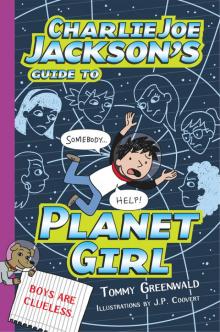 Charlie Joe Jackson's Guide to Planet Girl
Charlie Joe Jackson's Guide to Planet Girl Dog Day Afterschool
Dog Day Afterschool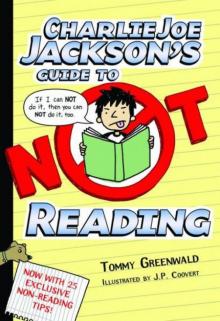 Charlie Joe Jackson's Guide to Not Reading
Charlie Joe Jackson's Guide to Not Reading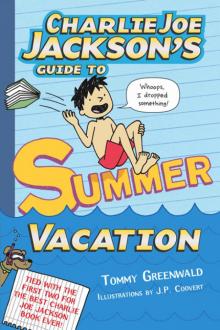 Charlie Joe Jacksons Guide to Summer Vacation
Charlie Joe Jacksons Guide to Summer Vacation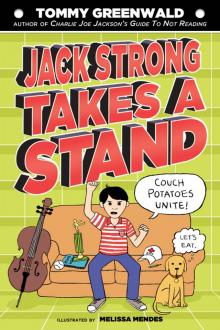 Jack Strong Takes a Stand
Jack Strong Takes a Stand It's a Doggy Dog World
It's a Doggy Dog World